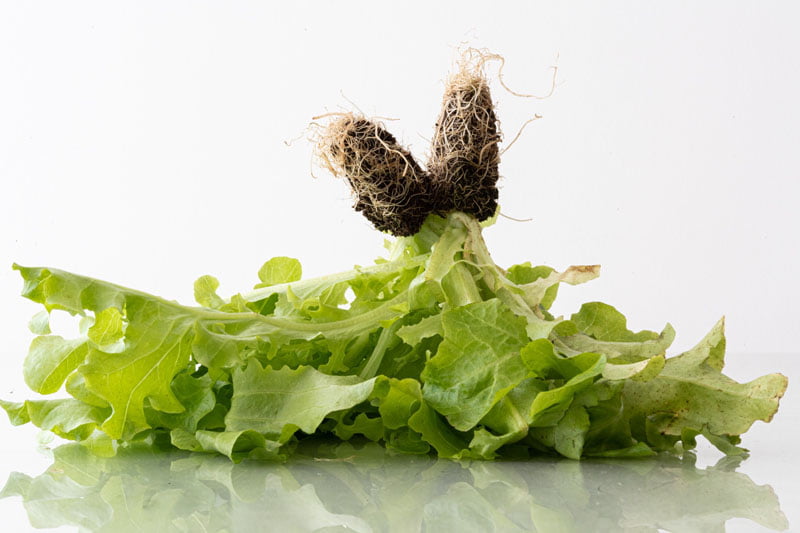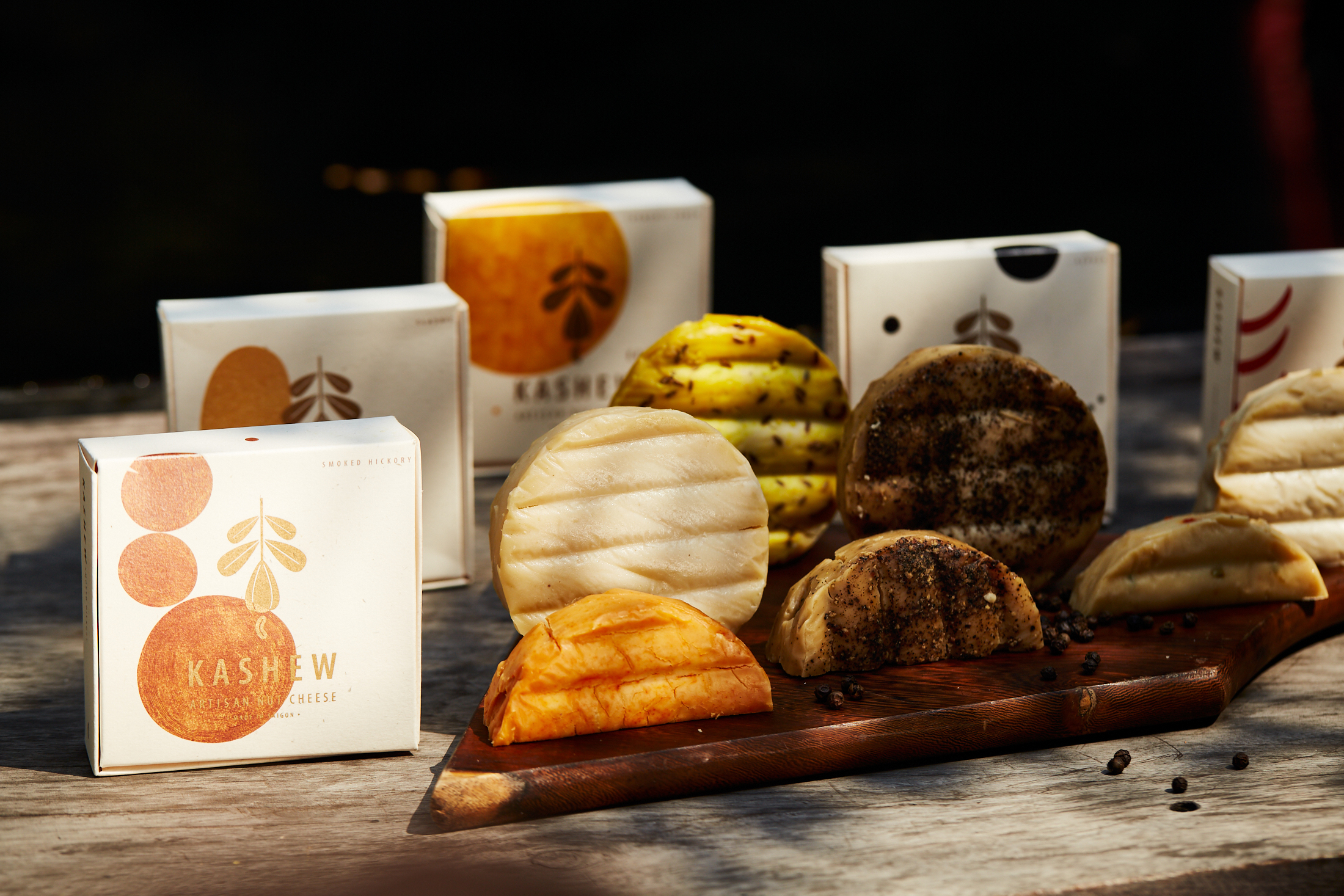To hydroponic or not?
Hydroponic farming has become increasingly popular in recent years, but one may have doubts about the quality and the use of resources to farm hydroponic. More focus is given to the origin of the food we eat, how it is grown and the distance it travels before reaching our dinner table. In this blog we will highlight the pros and cons for hydroponic farming, you decide if this is for you – we have decided it is for us!
There really are only a small number of cons to hydroponic farming and the good news: they are for the most part very easy to work around or even turn into positives.
Setting up larger hydroponic farms is quite costly, that being said they last for a long time. This is a one-time expense, but what is not a one-time expense, is the use of electricity as the produce often relies on artificial lighting to keep the photosynthesis and thereby the plants growing.
Frequent and long electricity cuts can impact the quality and the growth of the plants as it would limit the light, water and nutrition intake by the plants. That said, we are talking very long periods or interruptions which may only occur in some parts of the world.
Special attention would have to be put towards the water used, many plants in a closed environment are particularly vulnerable to water borne diseases. However, if you use clean and safe water to hydrate, this is really not an issue. As with any water usage it is important to keep the water source clean from any pollutants.
On the bright side, hydroponic farms can be built anywhere that has room for a container (or even in your kitchen or spare room for a smaller home version) usually lowering the traveling time and thereby the carbon trail tremendously. Shortening the farm to table is yet another good reason to like hydroponic farming.
By growing vertically rather than horizontally more produce can be grown in a smaller area. The racks can easily be swung vertical for grooming and harvesting – a huge plus for the farmer who can choose a specific rack position allowing for a good work posture. No more bending over or squatting down in the field with the sun hammering down on you.
There is less produce waste as the weather does not influence the crop, a sudden heat wave or flash flood is not going to make an impact. A sudden swarm of insects is also not going harm the produce. Although if insects are allowed into the closed environment it can become a bit of an issue as there are no pesticide to fend of the hungry visitors.
The water usage for hydroponic farming tends to be less than that of conventional farming. There is not the same evaporation, or runoff and the water can be recycled and reused several times.
One of the biggest advantages is that pesticides and herbicides are not needed. Growing produce in a controlled environment decreases the risk for pest, insects and fungi and there is no need for chemicals.
This really only leaves us with one big question: Do hydroponic vegetables have the same nutritional value as conventional farming?
It all depends really, it is up to the hydroponic farmer to refigure the correct dose of nutrients to feed the produce. The vitamins are made by the plants themselves hydroponic or not, it is all a process happening without our interference hence the vitamin level will remain the same.
The minerals in hydroponic farming comes from the solution fed to the produce. This will vary (as it does in conventional farming) depending on the produce, location AND the longer the time from farm to table as the nutritional content lessen from the second it is harvested.
“Much as I think that soil is just great for growing plants, hydroponics has come a long way,” said Marion Nestle, a professor of nutrition, food studies and public health at New York University. “I’ve seen hydroponic producers who have tested their leafy greens for key nutrients, and the amounts fall well within normal limits for their crop and are sometimes even higher.” (NY Times).
It is with good reason that hydroponic farming has become so popular. In sum plants grown hydroponically are of exceedingly high quality, occupy less space, and consume fewer resources than traditional growing methods. It may just be the thought that it is not “naturally natural” that gets to us. Hydroponic farming is not magic – it is science done to perfection when done right.
Email: info@bynature.vn
Website: bynature.vn




